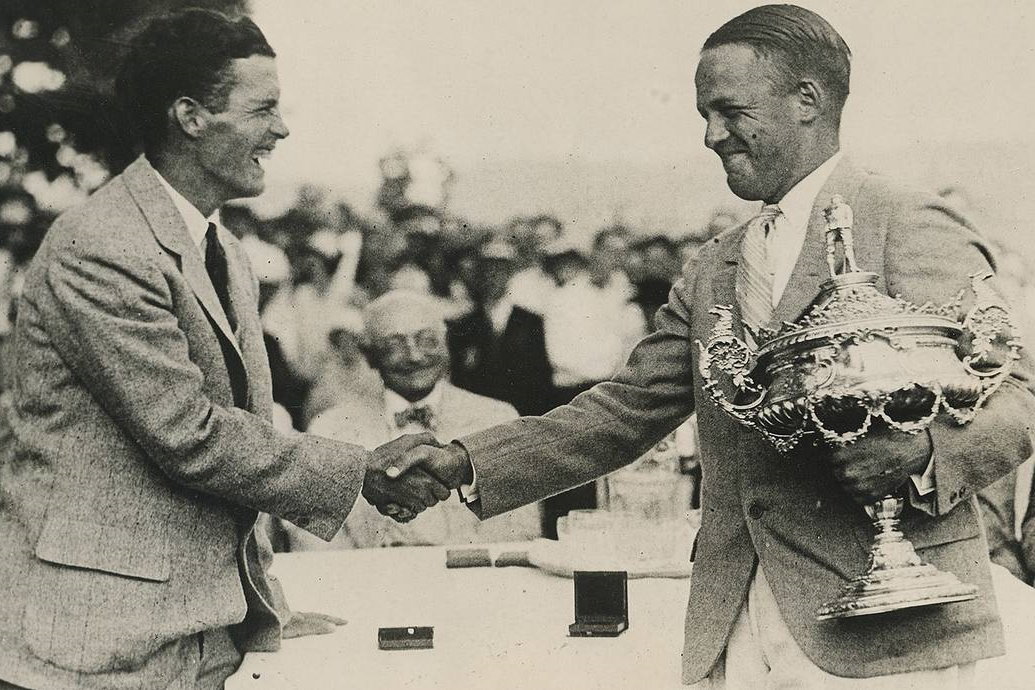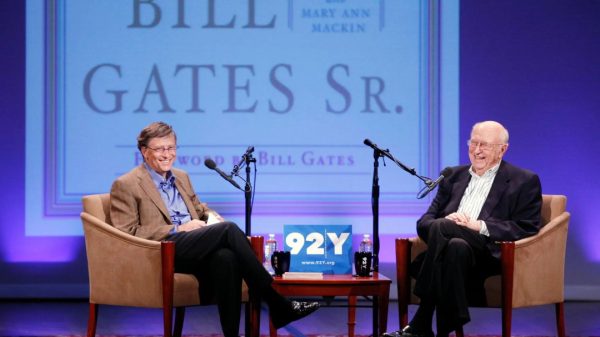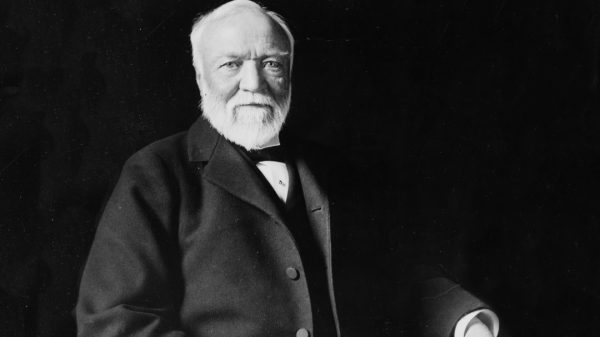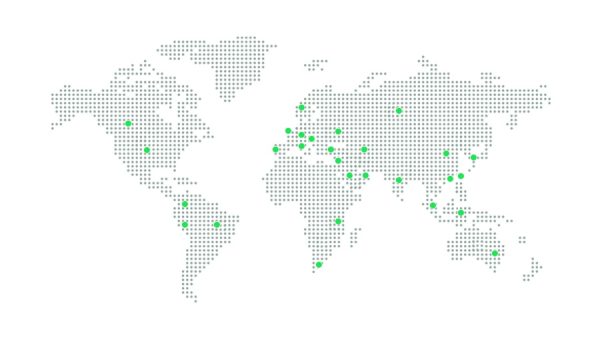In reading the nature.com article “A neural link between generosity and happiness” one cant help but think of various members of The Giving Pledge and not only their increased positivity that is brought on by one’s own contributions, but also the satisfaction of knowing that they are part of an ecosystem where everyone is participating in this same activity with the same goal.
Excerpts from the Article
Economics, psychology, biology and philosophy have attempted to elucidate possible motives of generous behaviour. Proposed motives, such as helping kin, reciprocation or reputation, have limited explanatory power for the pervasive propensity of humans to be generous in different settings. One further explanation for generous behaviour is its link to happiness. The warm glow experienced when acting for the benefit of others has been proposed as a mechanism that reinforces generous behaviour in humans. Our data suggest that a commitment to generous behaviour can increase happiness and thereby provide a neural mechanism that links commitment-induced generosity to happiness.
We find that a public pledge to be generous efficiently boosted generous behaviour and happiness in experimental relative to control participants, who had committed to spend money on themselves. The behavioural and neural changes induced by this method are striking, considering that participants had neither received nor spent any money at the time of the experiment. Public pledges are widely used to motivate future behaviour. Also, in laboratory experimental settings, it has been shown that precommitment influences behavioural and neural self-control mechanisms.A neural link between generosity and happiness
Generosity and happiness improve individual well-being and can facilitate societal success. However, in everyday life, people underestimate the link between generosity and happiness and therefore overlook the benefits of prosocial spending. When asked, they respond that they assume there would be a greater increase in happiness after spending money on themselves and after spending greater amounts of money. Our study provides behavioural and neural evidence that supports the link between generosity and happiness. Our results suggest that, for a person to achieve happiness from generous behaviour, the brain regions involved in empathy and social cognition need to overwrite selfish motives in reward-related brain regions. These findings have important implications not only for neuroscience but also for education, politics, economics and health.
About The Giving Pledge
The Giving Pledge is a movement of philanthropists who commit to give the majority of their wealth to charitable causes, either during their lifetimes or in their wills.
Envisioned as a multi-generational effort, the Giving Pledge aims over time to help shift the social norms of philanthropy among the world’s wealthiest and inspire people to give more, establish their giving plans sooner, and give in smarter ways. Signatories fund a diverse range of issues of their choosing. Those who join the Giving Pledge are encouraged to write a letter explaining their decision to engage deeply and publicly in philanthropy and describing the causes that motivate them.Joining the Giving Pledge is more than a one-time event. It means becoming part of an energized community of some of the world’s most engaged philanthropists to discuss challenges, successes, and failures, and to share ideas to get smarter about giving. Signatories are united by a shared commitment to learning and giving.


















